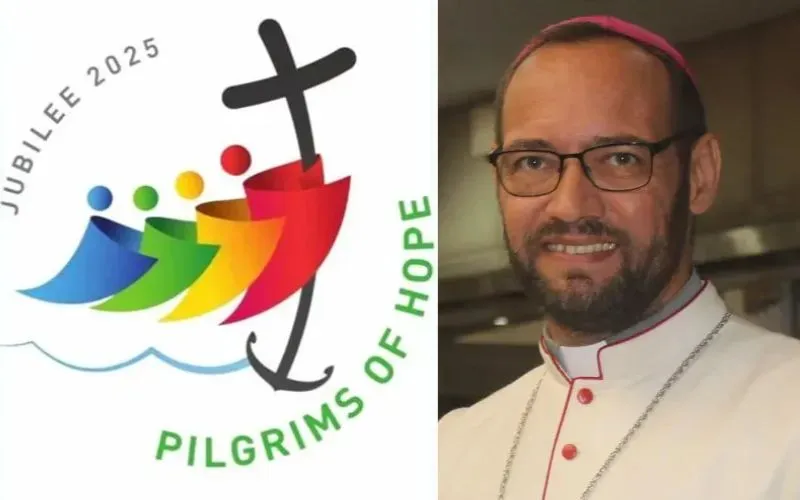In the journalist’s assessment, the situation in the country “remains tense.”
Narrating his own experience in the country’s capital, Ouambou says, “I live with my family in the capital Bangui. A few days ago, they even encircled this city. There were secret agents everywhere, in the various quarters of the town, and there have been numerous abductions and settling of scores with supporters of the former president François Bozizé and his political party, the KNK (Kwa Na Kwa which means ‘Work, nothing but work’).”
For years, war had ravaged CAR, which is the heart of Africa, with a rich endowment of valuable minerals.
In October 2013, members of the Seleka group, made up of a Muslim majority, rebelled against the government, accusing it of neglect and marginalization. They plundered entire towns and villages, leading to the formation of the anti-Balaka movement.
Originally a defense group comprising a majority of Christians, over time, the militia fell into the hands of uncontrollable gangs of armed youth.
(Story continues below)
According to Ouambou, CAR had enjoyed a moment of peace before it was, once again, thrown into violence in the period preceding last year’s elections.
Asked whether it was true that peace had returned to the country after almost 7 years of violence (from 2013 to 2019), the journalist said, “In Bangui life had returned to normal, but not in the Central African Republic as a whole. In the interior the torment has been continuing for many years, with armed groups exploiting and oppressing the ordinary peaceful population. In some towns illegal roadblocks had been set up. But yes, during 2020 a semblance of peace had returned to the country.”
The ongoing violence in CAR has no religious dimension, Ouambou says, adding that it is about wealth and power as rebels have established bases in areas rich with diamond.
Another dimension of the conflict is the presence of Russian military personnel in the country, a situation that the Bangui-based journalist says has upset France, which sees CAR as its own “exclusive reservoir of mineral reserves.”
“In order to protect these interests, France decided to violently destabilize the power of President Touadera,” the journalist attempts to explain, adding, “In the battle at a geopolitical level, the ordinary people of the country are no more than pawns in a game of chess.”
Russia has reportedly sent 300 military instructors in CAR in response to a call that the African country sent out, appealing for security reinforcement ahead of the Presidential elections.
Apart from the rebel groups and other intruders from the West, the Fulani who the journalist describes as “the wealthiest and most brutal tribe in Niger” are also trying to control parts of CAR.
He says that about 15 million Fulani people have penetrated via Chad into CAR in search of pasture for their cattle.
“They are looking for a new paradise for their cattle and plan to settle there. But in order to achieve this they need to advance using violence and rebellion,” says Ouambou and argues that the violence in the country does not have a religious dimension.
He expresses gratitude to Church entities in the country, which he says are working tirelessly to tame the violence.
“The Church has done a great deal and continues to play her role as prophet and mediator,” the journalist says, and adds, “Through her position on the Platform for the Religious Confessions of the Central African Republic, the Church has done a great deal for the return and consolidation of peace.”
He says that the Catholic Bishops of CAR held their annual plenary assembly from December 11 to 17 last year where they spoke out against the increasing polarization of the political classes in the country.
“They (Bishops) emphasize that the war that has been forced upon us is aiming to undermine the deepest strivings of the Central African people,” Ouambou says, and adds, “We are weary and disillusioned with the political calculations, the conflicts and divisions.”
Catholic Bishops in CAR have appealed for a constructive dialogue in resolving the current crisis facing the country.
“We call for a sincere and frank, fraternal and constructive dialogue to find just and lasting peace, rejecting hatred, violence and the spirit of revenge,” the members of Central African Episcopal Conference (CECA) said in their collective statement dated January 17.
The Bishops’ appeal came about a week after three Bishops in the country were prevented from joining their colleagues for the first annual Plenary Assembly, which took place in the country’s capital, Bangui owing to violence that had rocked the city.
The three, Bishops Juan-José Aguirre Muñoz of the Diocese of Bangassou, Mirosław Gucwa of CAR’s Bouar Diocese, and Guerrino Perin of Mbaiki Diocese were unable to attend the January 9-18 plenary session due to “threat on the population because of presence of rebels,” a source told ACI Africa Wednesday, January 13.
Agnes Aineah is a Kenyan journalist with a background in digital and newspaper reporting. She holds a Master of Arts in Digital Journalism from the Aga Khan University, Graduate School of Media and Communications and a Bachelor's Degree in Linguistics, Media and Communications from Kenya's Moi University. Agnes currently serves as a journalist for ACI Africa.








